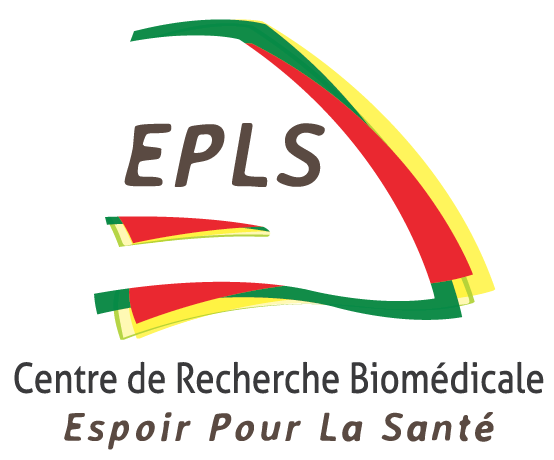Specific isotype immune response in the diagnosis of human schistosomiasis pathology?
Bonnard P, Remoue F, Schacht AM, Deuffic-Burban S, Dompnier JP, Elguero E, Charrier N, Cassagnou M, Diop M, Ly A, Capron A, Riveau G.
The American Journal of Tropical Medicine and Hygiene, 2004, 71(2):202-5. (PMID : 15306711 )
Since the few indirect markers available for assessing the development and the stage of intestinal schistosomiasis morbidity are weakly specific, endoscopy is still the only method able to detect severe forms of pathology. Therefore, we evaluated the isotype antibody response to the current schistosome antigen preparation (soluble egg antigens [SEA]) in 142 Senegalese patients infected with Schistosoma mansoni. They were stratified into three different stages of pathology according to ultrasonographic, endoscopic, and clinical parameters (stage 1 = no detectable pathology; stage 2 = moderate morbidity; stage 3 = severe forms of pathology). Only median specific IgG4, IgE, and IgA responses changed according to the stage of pathology. The IgA level was significantly higher in stages 2 and 3 compared with stage 1, and the IgE level was higher in stage 3 compared with stage 1. A high specific IgG4 level was observed only in stage 3 and was significantly different compared with stage 2. We show an association between the variability of the specific response to SEA and the degree of morbidity, and demonstrate that IgA and IgG4 responses could be combined markers to easily discriminate the different stages of pathology due to infection with S. mansoni.

